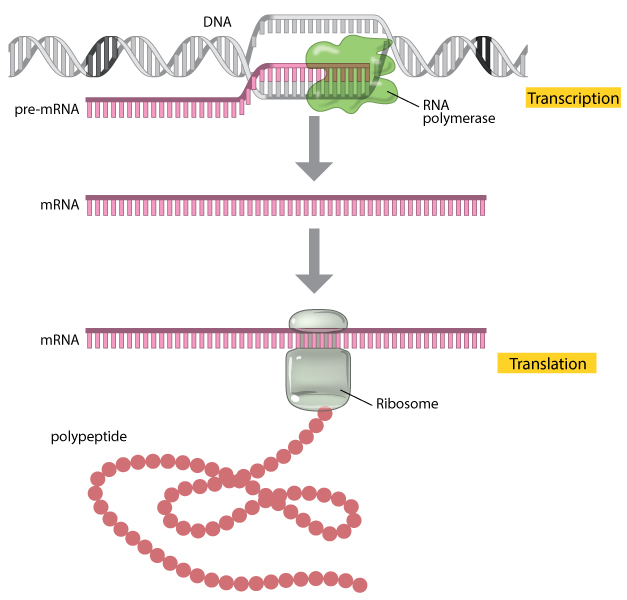In the realm of biotechnology and medical science, the emergence of messenger RNA (mRNA) technology has heralded a groundbreaking era. Once relegated to the sidelines, mRNA has now taken center stage, promising revolutionary advancements in the treatment and prevention of various diseases. This article delves into the fascinating world of mRNA, exploring its origins, mechanisms, and the transformative potential it holds for the future of medicine.
The Genesis of mRNA:
The story of mRNA dates back to the mid-20th century when scientists discovered its crucial role in the process of protein synthesis within cells. Initially overshadowed by its better-known cousin, DNA, mRNA quietly played the messenger role, ferrying genetic information from the DNA in the cell nucleus to the protein-producing machinery in the cytoplasm.
The Turning Point:
While the significance of mRNA in cellular functions was acknowledged, it wasn’t until recent years that its true potential began to unfold. The turning point came with the advent of groundbreaking research by pioneers like Dr. Katalin Karikó and Dr. Drew Weissman, who unlocked the key to harnessing mRNA for therapeutic purposes.
mRNA Vaccines: A Game-Changer in Immunology:
The global battle against the COVID-19 pandemic showcased mRNA’s prowess in the form of vaccines. Companies like Pfizer-BioNTech and Moderna utilized mRNA technology to develop highly effective vaccines against the SARS-CoV-2 virus. Unlike traditional vaccines, which use weakened or inactivated viruses, mRNA vaccines instruct cells to produce a harmless piece of the virus, eliciting a robust immune response.
Beyond COVID-19: Diverse Applications of mRNA:
The success of mRNA vaccines has opened the floodgates for exploring diverse applications across a spectrum of diseases. Researchers are now investigating mRNA’s potential in treating various cancers, genetic disorders, and infectious diseases. The adaptability of mRNA allows for rapid development and customization, paving the way for personalized medicine tailored to individual genetic profiles.
Overcoming Challenges: Stability and Delivery:
Despite its promise, the journey of mRNA technology hasn’t been without challenges. One significant hurdle has been the stability of mRNA molecules, which are inherently fragile. Researchers are actively addressing this issue through advancements in lipid nanoparticle technology, ensuring the safe and efficient delivery of mRNA to target cells.
Ethical Considerations:
As mRNA technology accelerates, ethical considerations have come to the forefront. Discussions surround issues such as consent, privacy, and the potential for genetic manipulation. Striking a balance between progress and responsible innovation is crucial to navigating the ethical landscape of mRNA research and development.
Conclusion:
The era of mRNA represents a paradigm shift in medicine, transcending traditional approaches to disease treatment and prevention. From the rapid development of vaccines to the exploration of novel therapies, mRNA’s potential seems boundless. As researchers continue to unlock the mysteries of this messenger molecule, the future holds the promise of a medical landscape transformed by the power of mRNA technology.

